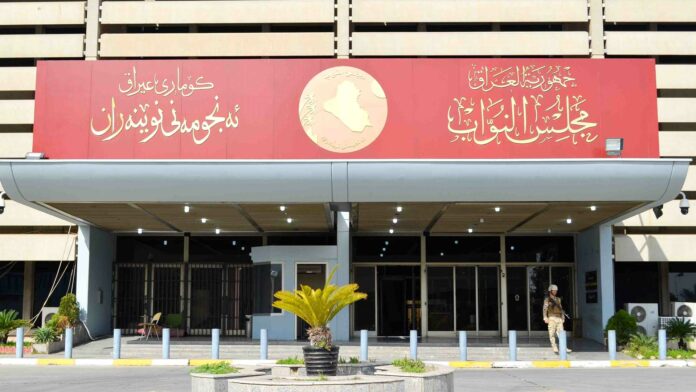Mustafa Al-Saray – Political Studies Department, Al-Bayan Centre
Party life in Iraq began with the formation of the Iraqi state in 1920, and the first start of the founding of the parties was the promulgation of the Political Parties Act of 1922. and then divided into five main groups, such as conservatives, reformist socialists, nationalists, And Marxists, the religions, were trying each of these groups led Iraqi party life and then hold the political leadership. They have continued to operate and organize with intellectual and cultural values as the basis for their consolidation; The parties were keen to create a specific political ideology by wooing students and intellectuals. With the beginning of changes in the world arena and the events of the Second World War, two intellectual currents are competing for political and party leadership: conservatives and modernists. Most of the parties were divided within their orientations, and this continued until the change of the political system in Iraq in 1958, and the nationalist movement began to play a role with the rest of the political parties and with the Ba’ath Party assuming political and leadership in the country, Party life is starting to melt. Nothing is left but the opposition parties (religious opposition parties), which took the armed opposition as a method of orientation. These political parties were working on the organizational and mass party structure, either in the hierarchical form that goes from the bottom up or in the authoritarian form of the exploiter or opponent.
With the change of the political system in Iraq after 2003, party life began with rapid and multiple actions in a very different political, social, and cultural environment; this facilitated its work and complicated it at times, so after 2003, political parties in Iraq went through several organizational stages to reach a trustworthy party organization. And the formation of a strong party structure based on legal and regulatory foundations to achieve, among other things:
Reverse the democratic image of the political system by ensuring political parties and political pluralism.
Organize the work of political parties in a coordinated manner that facilitates dealing with them, their continuation, and their durability.
Legalizing the existence of parties and resolving the controversy over their legal legitimacy; Because of the absence of a legislated law regulating the political party process.
Ensure that the electoral process continues in part through the presence of organized parties with work during the pre-election period and beyond, and those electoral blocs are not active only in the electoral period.
Accordingly, the Political Parties and Organizations Act No. (36) For the year 2015, from the Iraqi Council of Representatives, this law carried many positive articles and at the same time carried many harmful, loose, and nearly six years after the enactment of the law and the holding of two election sessions in its existence, By this Act, it is essential to discuss the role and nature of the law on the process of building a political party or political organization through several themes:












